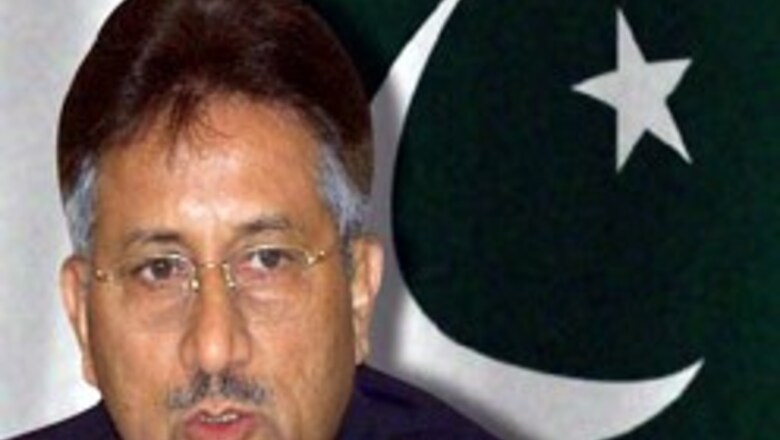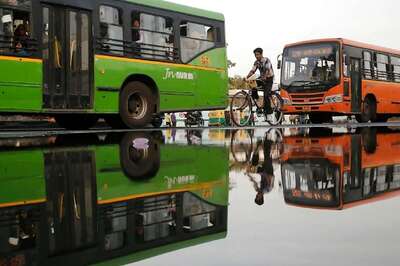
views
Islamabad: Pakistan called for an "amicable settlement" to the Iranian nuclear issue on Friday, urging all sides to stay flexible and avoid confrontation.
Iran says its nuclear program is peaceful and meant to generate energy but the United States accuses Iran of secretly seeking to create a nuclear weapon.
Pakistan said it "would support efforts to reach an amicable settlement" of the standoff.
The statement followed talks between Pakistani President General Pervez Musharraf and Iranian Vice President Parviz Dawoudi - who reiterated that Iran's nuclear program is for peaceful purposes.
"Nuclear weapons and armaments have no place in Iran's nuclear strategy. Our right to nuclear technology is the right of any nation on this globe, therefore, these two things are not really negotiable," Dawoudi said at a news conference late on Thursday.
"But in order to provide greater assurances to the international community, on our part we are prepared to continue with the negotiations with other parties," he said, without elaborating.
Six world powers this week, including the five permanent UN Security Council members, discussed in London a package of measures that would reward Iran if it gives up uranium enrichment.
However, the package also proposes to punish Iran if it doesn't give up the project.
Diplomats reported progress in eliminating differences between the six governments.
Pakistan, which faced international sanctions after it tested its first nuclear bomb in 1998, has repeatedly said the standoff over Iran's nuclear issue must be resolved peacefully.
It opposes imposing sanctions on Iran or using any military strike against Iranian nuclear facilities.
On Friday, Pakistan said it supported a peaceful Iranian nuclear program watched by the International Atomic Energy Agency, the UN's nuclear monitoring agency.
Dawoudi said Pakistan - a US ally in America's war on terrorism - had taken a "wise stance" on the Iranian nuclear issue.
Friday's meeting with Musharraf ended three days of bilateral talks among senior Pakistani and Iranian officials on a broad slate of issues, also including bilateral trade and a proposed pipeline, opposed by the US, that would supply natural gas to Pakistan and India.




















Comments
0 comment